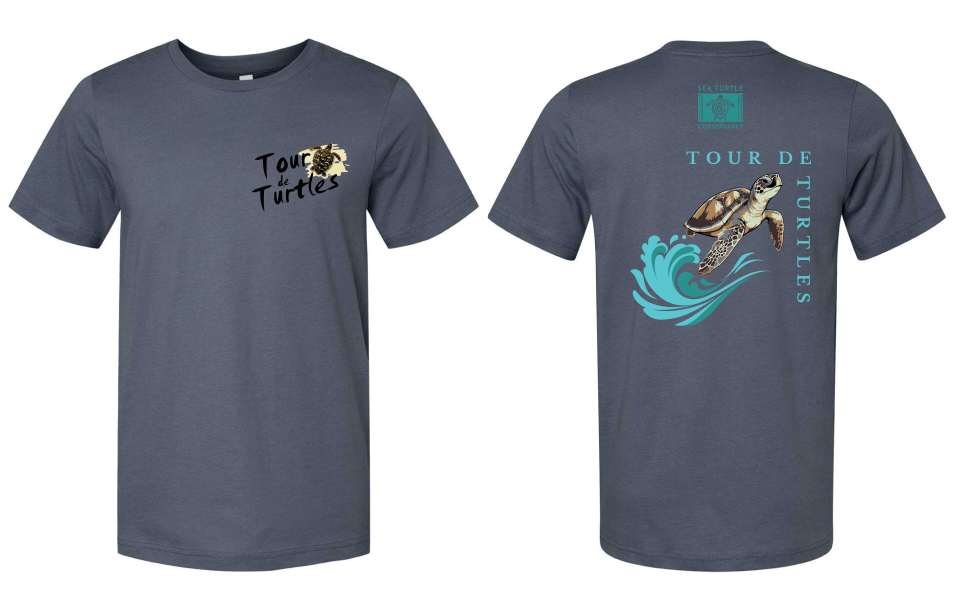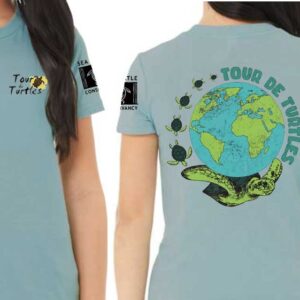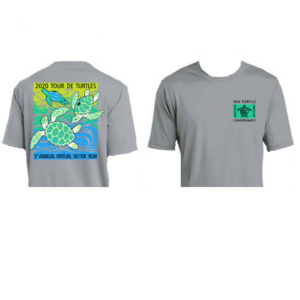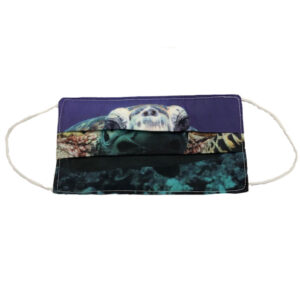2024 Tour de Turtles T-Shirt – Adult
$24.95
Wear your support! Top selling signature BELLA CANVAS Tees are made of 100% lightweight cotton. The 2024 Tour de Turtles t-shirts are available in Vintage Navy, adult sizes M & L. Limited quantity in stock, so order yours today.
| size | Large, Medium |
|---|




